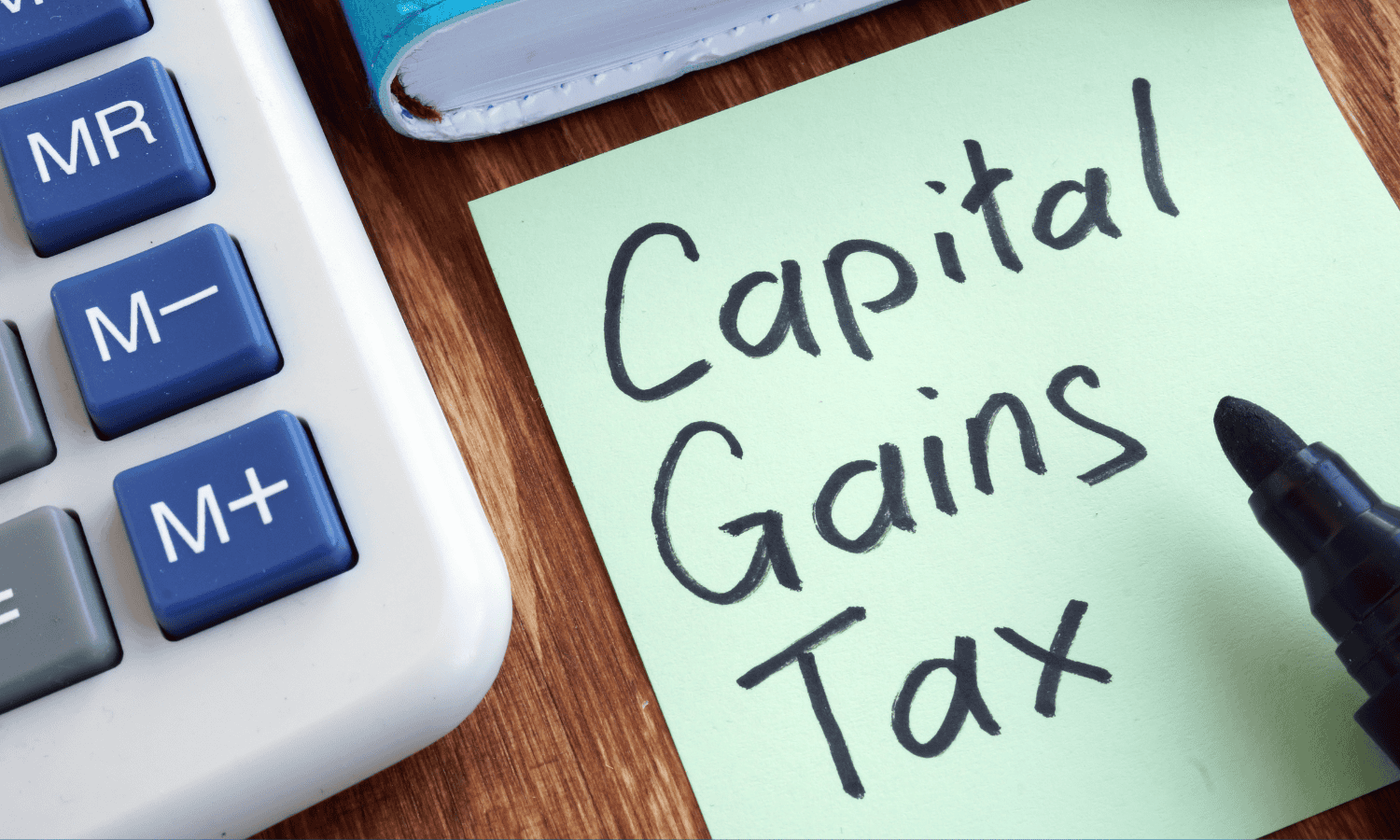The Spring Budget 2024 introduced a reduction in the top rate of Capital Gains Tax (CGT) on disposals of residential property, dropping it from 28% to 24%. Additionally, the annual exemption amount has been significantly reduced, which will bring more individuals and trusts within the scope of CGT for the first time.
The continued, significant changes to the already complex Capital Gains Tax (CGT) rules can be hard to keep up with. Nottingham chartered accountants, Clayton & Brewill provides an overview of what businesses need to know.
What is Capital Gains Tax?
CGT is a tax on the profit you gain when you dispose of particular capital assets that have increased in value. The rates charged depend on your level of income and the type of disposal, with gains from disposals of assets such as residential property being charged at higher rates.
Disposing of an asset includes:
- Selling it
- Swapping it for something else
- Giving it away as a gift, or transferring it to someone else
- Getting compensation for it, for example in an insurance payout if the asset has been lost or destroyed
Types of CGT relief
You may be able to reduce or delay the amount of Capital Gains Tax you have to pay if you are eligible for some of these tax reliefs:
- Business Asset Disposal Relief – paying only 10% CGT if you are a sole trader, business partner or someone with shares in a ‘personal company’
- Business Asset Rollover Relief – delay paying CGT if you replace the old asset within three years and use it within your business
- Incorporation Relief – delay paying CGT if you transfer your business and its assets in return for shares in the company
- Gift Hold-Over Relief – pay no CGT if you give away a business asset, the person receiving it pays instead if you used the business asset for trading as a sole trader or partner
Capital Gains Tax rates
CGT is charged at 10% on gains where your net total taxable gains, plus income, fall below the Income Tax basic rate band threshold. Gains above the basic rate are generally charged at 20%, while the rate is 24% on residential property and 28% on ‘carried interest’ if you manage an investment fund.
Recent changes to CGT
In a fairly unexpected move, the chancellor announced a cut to the top rate of CGT on disposals of residential property in his Spring Budget 2024. As a result, the higher rate fell to 24% from 28% from 6 April 2024. The 18% rate remains unchanged.
The annual exemption has been cut in stages from £12,300, in a move announced during the Autumn Statement 2022. From 6 April 2024, for individuals and personal representatives, it is £3,000, and £1,500 for most trustees, and is now considered to be fixed at this level.
Overall, the reduction means that more trusts and individuals will be brought within the scope of CGT for the first time. It also makes it increasingly important to maximise the potential of what is still available.
Update on cryptoassets
CGT applies to most valuable personal possessions, from furniture and jewellery, to works of art and shares (unless within an ISA).
It’s therefore also important to be aware of the rules on cryptoassets. For most people, buying and disposing of cryptoassets is likely to fall within scope of CGT, and from 2024/25, the self-assessment tax return will specifically ask for information on income and gains from crypto transactions.
How we can help
The rules on calculating gains (and losses), reporting to HMRC, and payment of tax, are complex. The expert team at Clayton & Brewill would be more than happy to discuss Capital Gains Tax rules with you in further detail. Please don’t hesitate to get in touch.





